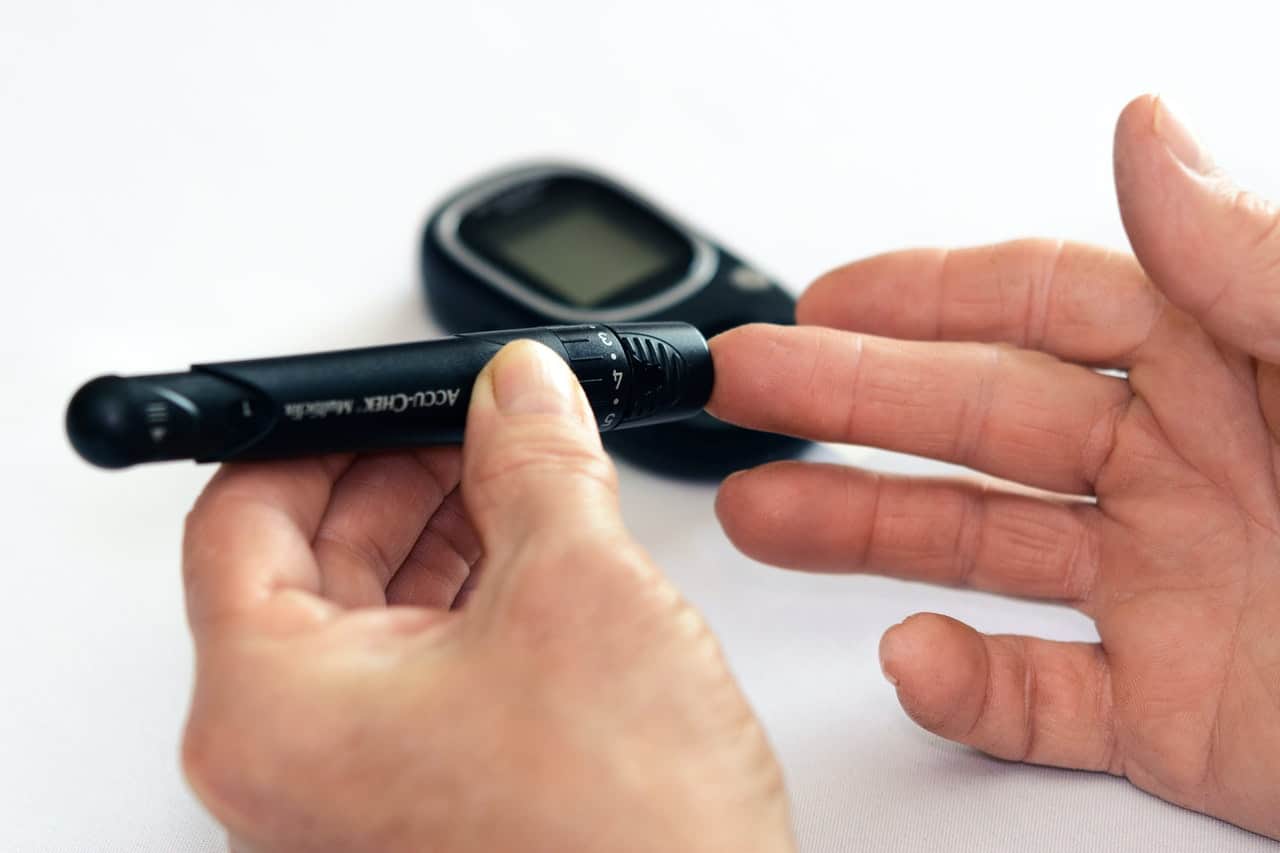Diabetes is a common condition in which your body cannot produce or doesn’t respond correctly to insulin, leading to uncontrolled blood glucose, or blood sugar, levels. Blood sugar comes from the food you consume and is the primary energy source for the body. But, the glucose from food needs to get into body cells before it can be used as energy. Insulin, a hormone produced by the pancreas, aids in glucose absorption into cells.
However, there are cases where the body doesn’t produce enough insulin or use it properly. As a result, the glucose remains in circulation as it doesn’t get absorbed into your body cells. As glucose levels in your blood rise, you might start developing health problems.
There are two primary types of diabetes;
- Type 1
- Type 2
Although type 1 and type 2 diabetes have many similarities, they feature some significant differences too. This post will focus on the contrasts and how to manage the conditions.
Type 1 and Type 2 Diabetes: Causes
Types 1 Diabetes
Type 1 diabetes is an autoimmune disease that is typically, but not always, diagnosed during childhood and adolescence. Unfortunately, this inability to produce insulin has something to do with the immune system that helps fight off foreign invaders, such as germs and viruses.
In the case of type 1 diabetic individuals, the immune system misidentifies the insulin-producing beta cells as foreign invaders. As a result, the defense system attacks and destroys the cells in the pancreas. The body can no longer manufacture insulin once all these beta cells are eradicated.
Even with considerable research, it is not yet clear why the immune system attacks the body’s healthy cells. However, it is thought to be linked to genetic and environmental factors, such as viral exposure.
Type 2 Diabetes
For type 2 diabetes, the case is a little different. Individuals with this type of diabetes develop insulin resistance. So, the body continues to produce insulin, but the body cannot utilize it properly.
It is still a mystery why insulin resistance develops in some individuals while not in others. However, research highlights various lifestyles, such as inactivity and obesity, as the primary contributors. You can also develop type 2 diabetes due to other genetic and environmental variables.
In type 2 diabetic individuals, the pancreas will try to compensate by generating extra insulin. However, the body is still unable to utilize the additional insulin. So, that would not help solve the already existing problem.
Type 1 and Type 2 Diabetes: Symptoms
Both type 1 and type 2 diabetes have similar symptoms. However, type 2 diabetes can easily go unnoticed as the symptoms appear much slower than in type 1. That’s especially unfortunate, considering type 2 diabetes is much more common than type 1.
With type 1 diabetes, the symptoms can appear immediately or in a few weeks. However, the signs for type 2 diabetes would appear gradually over several years. Also, they can be relatively mild; you might not even notice them. That’s why most type 2 diabetic individuals don’t realize they have the condition.
Treatment of Diabetes
Although both types of diabetes are incurable, there are several different ways to manage the conditions.
Type 1 Diabetes Treatment
Since type 1 diabetic individuals don’t produce insulin, treatment involves introducing insulin into the body. That can be done through insulin injections or an insulin pump. Also, it is essential to maintain frequent blood sugar checks and carbohydrate counting.
Type 2 Diabetes Treatment
The treatment of type 2 diabetes primarily focuses on lifestyle changes. That involves exercising (to lose weight), making dietary changes, taking medication, and, sometimes, insulin injections.
Insulin therapy is not a very common approach in managing diabetes type 2. However, it is the best option when exercise and dietary changes aren’t enough to control your blood sugar.
